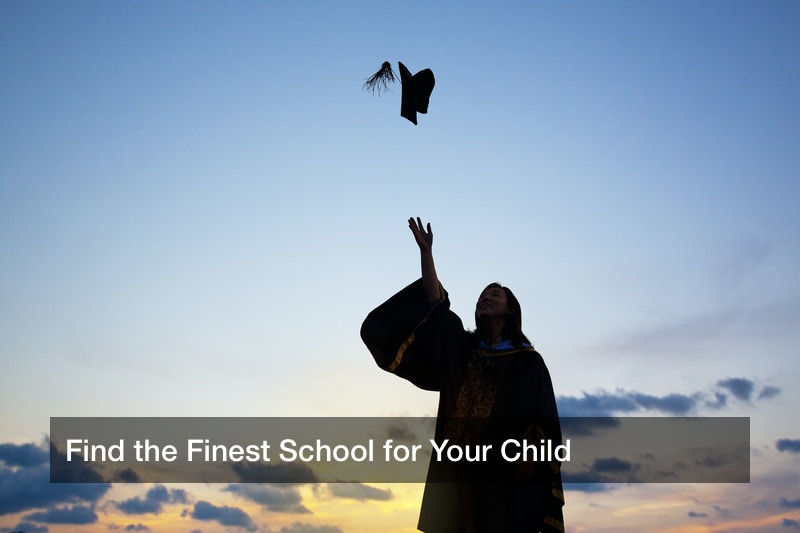
Everyone needs a good education, and a fine education can unlock many options later in life, such as colleges and careers. Parents are highly invested in finding good schools for their kids, and the right school helps a child learn all that they must. The best public or best private schools can also offer extracurricular activities that a student may enjoy, or even special programs or clubs. When a family moves into a new area, or when a child first becomes old enough for schooling, parents are urged to start looking right away for good schools in their area. Some parents send their kids to public middle or high schools; others, who can afford it, send their kids to the best prep schools and private middle schools or high schools. Day schools are something to take seriously, so the question is: what to look for in a day school? Parents and their kids alike can figure this out. “what to look for in a day school” can soon be discovered together.
What to Look For in a Day School
Parents whose first child becomes old enough for school will not have any experience with this, and they may be unsure what to look for in a day school. And while every school is different, there are some common, general trends that parents can look out for and some basic strategies to follow. This can make the process much easier, and the child can also have some input. After all, he or she is the one who will spend a lot of time there. Even the parents of young children can look for good preschools in their area, if so desired.
Searching for a good school often starts online, especially if the parents just moved to a new area or if they do not have anyone they can use for references. The parents can look online with queries such as “best high schools Boston MA” or “best middle schools southern Los Angeles CA” to get started. A search such as this can yield a long list of names, and parents can start crossing off names from the list based on a number of criteria. What might strike a school off such a list?
One factor is price. Public schools and private schools differ in the quality of education that they offer, and they also differ in price. Public schools are the most common type, and they are federally owned and regulated, from elementary to high schools. They cost next to nothing for children to attend, making them the default choice for many families. Private schools, by contrast, are privately funded and run, hence the name, and may vary in their coursework and contents. Private schools make up about 25% of K-12 American schools and enroll about 10% of the nation’s students, but the tuition for these schools is very high. This can put them out of many families’ reach, but for those who can afford them, they may be a strong option. Some searching parents will strike a private school off their list because it’s too expensive, while other parents will prefer them due to the high graduation rates.
Parents may note that private schools, if they can afford them, offer some advantages. They have fewer students per teacher, meaning that more attention is given to each student, and these schools have very high graduation rates. What is more, around 90% of private high school grads tend to go on to college, compared to the roughly 50% of public high school grads. The counselors at private schools dedicate about 55% of their time on college help for the students, compared to 22% of the time for public high school counselors. Private school students also tend to have fewer issues with apathy or a lack of parental involvement.
Public or private, a school should be visited by both the parent and their child to evaluate it. The parent should check into the funding for clubs or activities that the child may like, and the parent may also check the experience and credentials of the staff and teachers. And at a good school, the student should be challenged but not overwhelmed, or else a new school may be considered.
